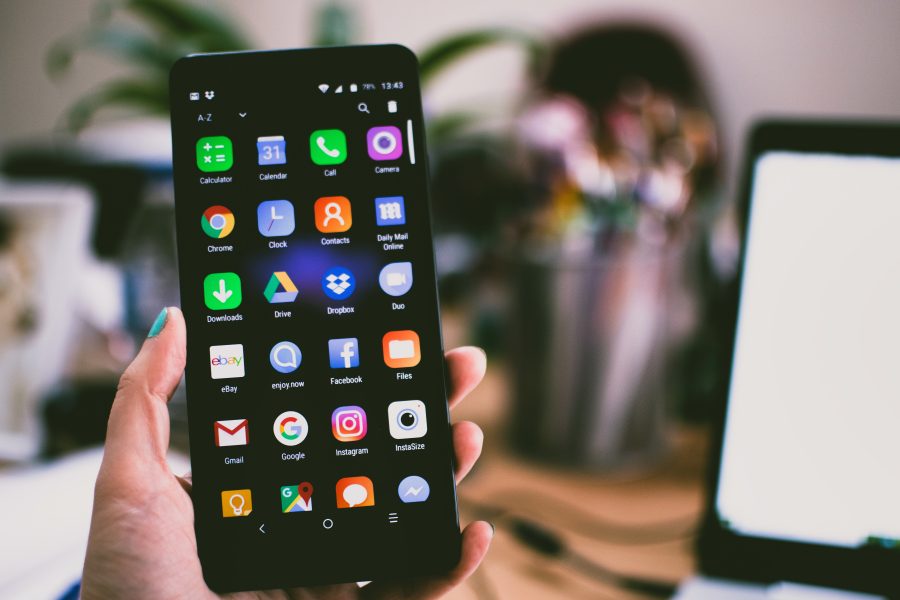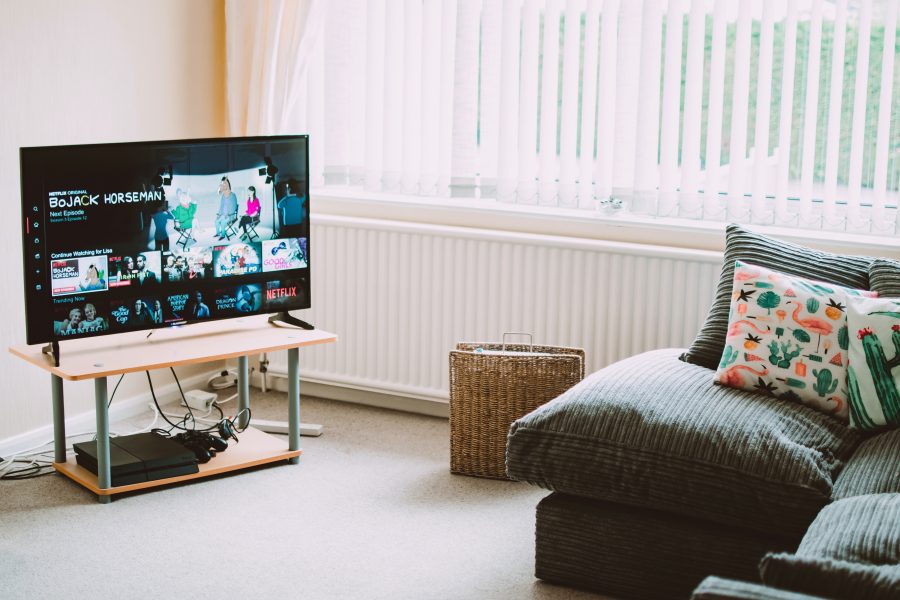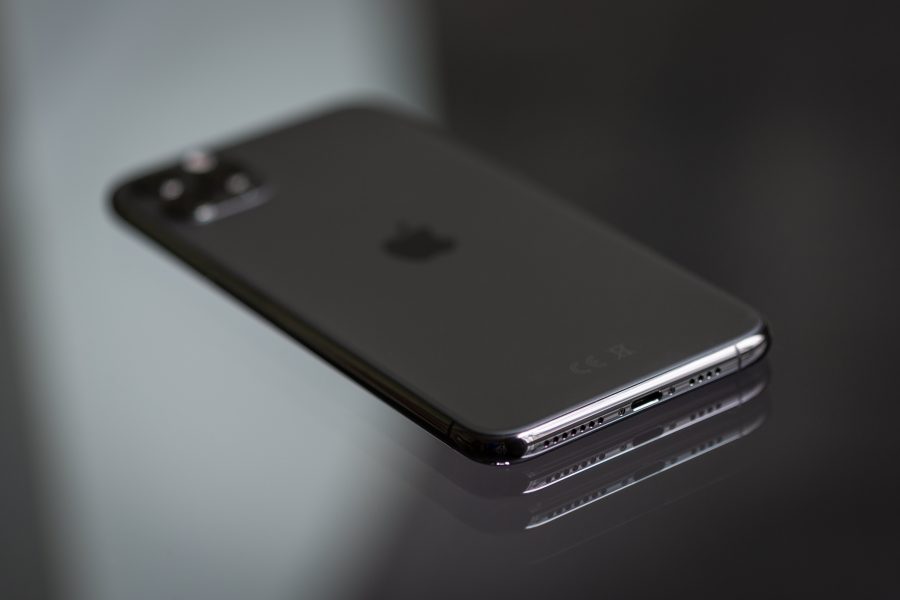With so many options available, choosing the right smartphone can be a daunting task. Whether you're looking for a high-end device with all the latest features or a budget-friendly option, it's important to consider your needs and budget before making a decision.
First, think about what you'll be using your smartphone for. Are you a heavy user who needs a device with a powerful processor and long battery life? Do you enjoy taking photos and videos and need a camera with advanced features? Or are you simply looking for a device to make calls and send messages?

Once you've determined your needs, consider your budget. High-end devices can cost upwards of $1,000, while budget-friendly options can be found for under $200. It's important to find a device that meets your needs without breaking the bank.
One factor to consider is the operating system. Apple's iOS and Google's Android are the two most popular options, each with their own set of pros and cons. iOS is known for its user-friendly interface and tight integration with Apple's ecosystem, while Android offers more flexibility and customization options.
Screen size and resolution are also important considerations. Larger screens are great for streaming videos and browsing the web, but can be difficult to use with one hand. A higher resolution will result in sharper images and text, but may not be noticeable on smaller screens.
When it comes to the camera, look for a device with a high megapixel count and advanced features like optical image stabilization and manual controls. If you're a frequent traveler, consider a device with a wide-angle lens for capturing landscapes and cityscapes.
Other features to consider include storage capacity, battery life, and durability. Look for a device with at least 64GB of storage, or consider a model with expandable storage. Battery life can vary greatly between devices, so be sure to read reviews and look for a device with a long-lasting battery. Finally, consider a device with a water-resistant or dustproof rating for added durability.
Choosing the best smartphone for your needs and budget can be a challenging process, but by considering your needs and doing your research, you can find a device that meets your needs and enhances your daily life.


